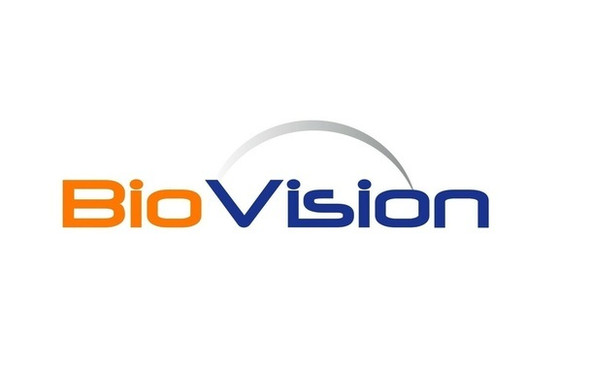Biovision
Human CellExp™ CD89 Protein, Human Recombinant
- SKU:
- 26-P1642
- Availability:
- Usually Shipped in 5 Working Days
- Storage Temperature:
- -20°C
- Shipping Conditions:
- Gel Pack
- Shelf Life:
- 12 months
Description
Biomolecule/Target: N/A
Synonyms: FcalphaRI,CD89 Antigen,FCAR,CTB-61M7.2,FCAR Variant 14,CD89,Fc Fragment Of IgA Receptor,Immunoglobulin Alpha Fc Receptor,IgA Fc receptor
Alternates names: FcalphaRI,CD89 Antigen,FCAR,CTB-61M7.2,FCAR Variant 14,CD89,Fc Fragment Of IgA Receptor,Immunoglobulin Alpha Fc Receptor,IgA Fc receptor
Taglines: Tumor suppressor
Taglines: USA
Country of Animal Origin: USA
NCBI Gene ID #.: 2204
NCBI Gene Symbol: N/A
Gene Source: Human
Accession #: NP_001991.1; Q13603
Recombinant: TRUE
Source: HEK293 cells
Purity by SDS-PAGE #: ≥ 97% by SDS-PAGE
Assay: N/A
Purity: N/A
Assay #2: N/A
Endotoxin Level: < 0.1 EU/μg of the protein by LAL method.
Activity (Specifications/test method): N/A
Biological activity: N/A
Results: N/A
Binding Capacity: N/A
Unit Definition: N/A
Molecular Weight: 65-75 kDa
Concentration: N/A
Appearance: Sterile Filtered colorless solution
Physical form description: Solid
Reconstitution Instructions: N/A
Background Information: FCAR, also called FcαRI or CD89, is a type I transmembrane receptor for Fc region of IgA which is the most abundant immunoglobulin present in the mucosal areas. This receptor is present on the surface of myeloid lineage cells such as neutrophils, monocytes, macrophages, and eosinophils, especially phagocytes located in mucosal areas. It interacts with IgA-opsonized targets and triggers several immunologic defense processes, including phagocytosis, antibody-dependent cell-mediated cytotoxicity and stimulation of the release of inflammatory mediators. Multiple alternatively spliced transcript variants encoding different isoforms have been described for this gene. Sustained aggregation of FCAR results in activation of target-cell functions such as antigen presentation and cytokine release. In contrast, monomeric targeting with serum IgA or with a variety of anti-FcαRI Fab fragments triggers an inhibitory response and additionally induces apoptosis. FcαRI thus play a fundamental role in preventing tumor development and growth, as well as in controlling inflammation.
Amino acid sequence: Gln22-Asn227 aa
Handling: Centrifuge the vial prior to opening.
Usage: For Research Use Only! Not to be used in humans






